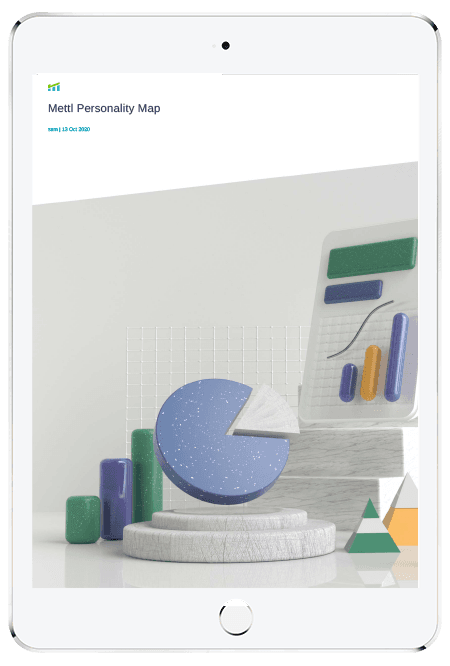J2EE Exam for Recruitment and L&D
The J2EE exam helps recruiters to evaluate Java Basics, J2EE Concepts, and hands-on programming skills in a candidate. This J2EE assessment test is designed to evaluate both domain knowledge as well as applied coding skills of an applicant.
Inside This Assessment
The J2EE online test by Mercer | Mettl helps recruiters to evaluate Java Basics, J2EE Concepts, and hands-on programming skills of a candidate. This J2EE assessment test is designed to evaluate both domain knowledge as well as applied coding skills of an applicant.
SKILL LIBRARY
J2EE Competency Framework
Get a detailed look inside the test
J2EE Developer Assessment Competencies Under Scanner
J2EE Developer Assessment
Competencies:
This J2EE online test evaluates a candidate's real-life coding skills.
The following subskills are evaluated in this test: Strings and String Methods, Flow of Control, Operators, Interfaces and Inheritance, Constants Variables and Data Types, and Threads.
The following subskills are evaluated in this test: Servlets - Form Data and Writing Filters. Java - Servlets - Application, JSP Directive, JSP Actions, JSP General and Java - EJB and JMS
Customize This Test
Flexible customization options to suit your needs
Choose easy, medium or hard questions from our skill libraries to assess candidates of different experience levels.
Add multiple skills in a single test to create an effective assessment. Assess multiple skills together.
Add, edit or bulk upload your own coding questions, MCQ, whiteboarding questions & more.
Get a tailored assessment created with the help of our subject matter experts to ensure effective screening.
The Mercer | Mettl Advantage
Frequently Asked Questions (FAQs)
J2EE supports HTML and Java applications/applets at the client level. It depends on Java servlet technology and Java Server Pages to develop HTML or other formatted data.
The Enterprise version of Java is a unit of Java APIs owned by Oracle that developers use to write high-performance server-side applications.
J2EE is a community-led edition meaning that there is an active contribution to the community from various Java developers, industry experts, and other open-source organizations.
J2EE derives many components from J2SE and has many new features, such as JavaBeans, Servlets, Java Message Services, providing a new range of capabilities to the language.
It uses CSS, HTML, and JavaScript, etc., to create web services and web pages. Unlike other languages, J2EE is known for its compatibility, versatility, security, and portability.
HTML clients
Applet clients
Device clients
Stand-alone Java application clients
EJB clients
CORBA clients
Legacy clients
Windows clients
JMS clients
Clients from other environments
Web service clients
Web module
Application client module
Resource adapter module
Enterprise JavaBeans module
Application client
Applet
Web component
JavaServer Pages
Filters
Enterprise JavaBeans
Servlets
Web event listeners
These technologies are service technologies, component technologies, and communication technologies.
The online J2EE mock test can help candidates prepare for job interviews, entrance examinations, and campus interviews. Such online test series consist of a plethora of J2EE MCQ quiz that covers the J2EE platform basics.
What is so unique about Java 2 Enterprise Edition?
What exactly do you understand about JSF?
Can you explain the term hibernate?
While on that subject, can you explain the term HQL?
How do you deal with Action Errors?
What are the various benefits of using Spring?
Can you explain the term Action Form?
What do you understand by the term Action Mapping?
What are the functionalities of .jar, .ear and .war files.
Can you explain the term thin client?

